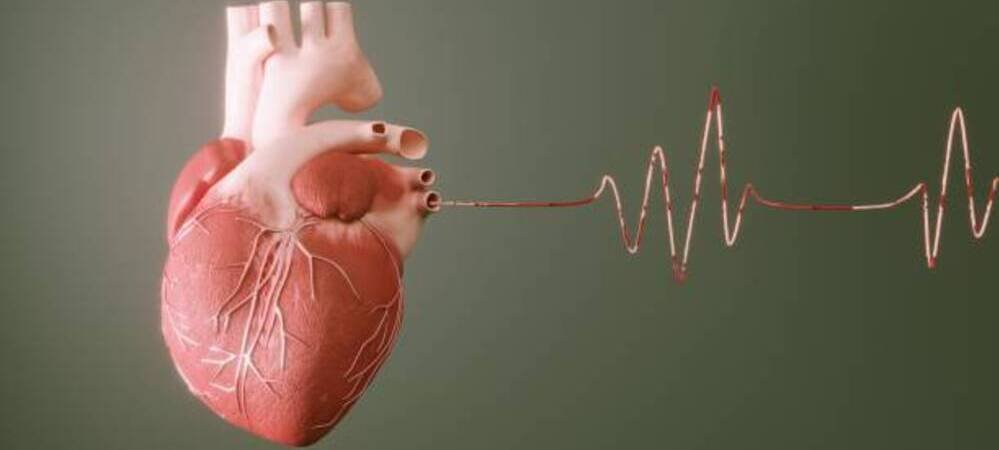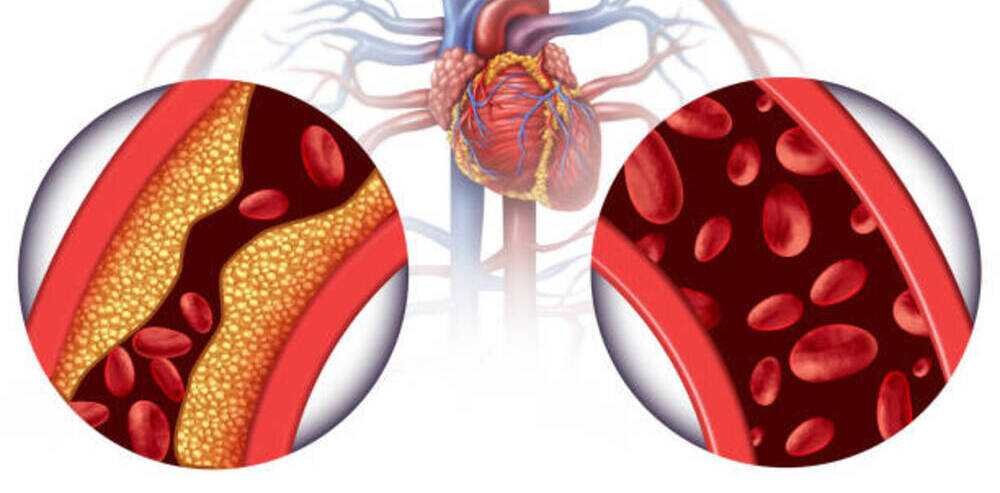Cardiovascular disease (CVD) is a general term that describes a disease of the heart or blood vessels. Blood flow to the heart, brain or body can be reduced because of a: blood clot (thrombosis) build-up of fatty deposits inside an artery, leading to the artery hardening and narrowing (atherosclerosis)
12
Jan
"Prevention is better than cure" applies to all aspects of life, and will resonate particularly well with people suffering from health problems. Nowadays...
12
Jan
Congenital heart disease is one of the most common birth defects in newborns. It generally refers to all diseases related to heart function...
12
Jan
Cholesterol is a fat-like substance that is very important to the human body. It helps the body produce new cells, hormones and insulate nerves...
12
Jan
There are many causes of heart disease, especially people's living habits. For example, eating abnormally, eating too many foods with high...
12
Jan
Most risk factors for cardiovascular disease can be treated, controlled, and improved. Although some factors cannot be controlled, such as...
11
Jan
Many patients with congenital heart disease believe that they cannot get pregnant and are worried that their heart condition will affect future
11
Jan
According to research statistics from the World Health Organization (WHO), heart disease has long been one of the leading causes of death worldwide...
11
Jan
Heart disease is one of the top 10 causes of death in the world, and most patients with severe heart and blood vessel disease have a constellation ...
11
Jan
Chelation therapy, also known as chelation therapy, is mainly used to treat heavy metal poisoning. Based on its principles, some scholars have ...
11
Jan
The heart is a very important organ of the human body. Nothing is more important than taking good care of the heart. In order to take good...










